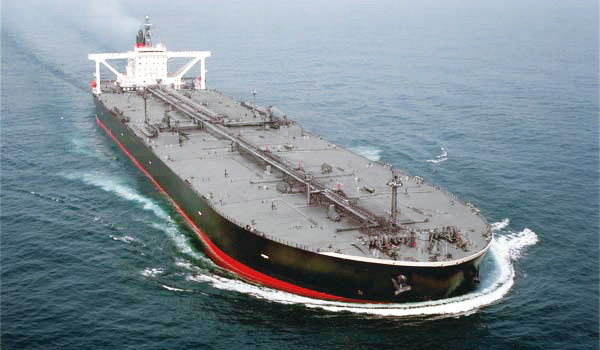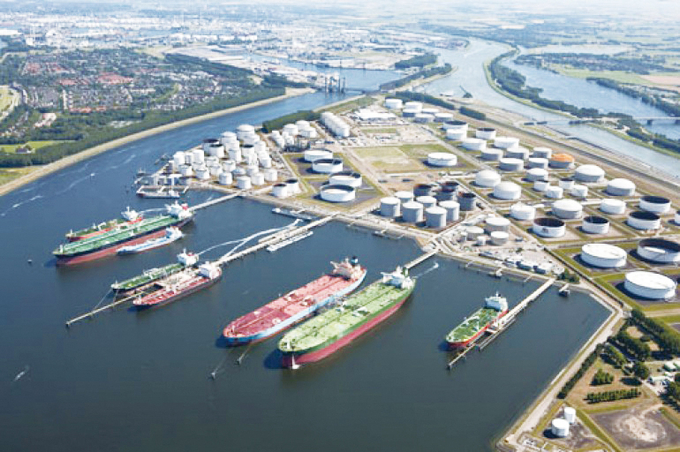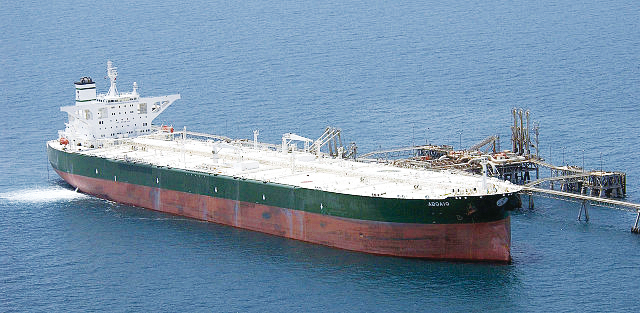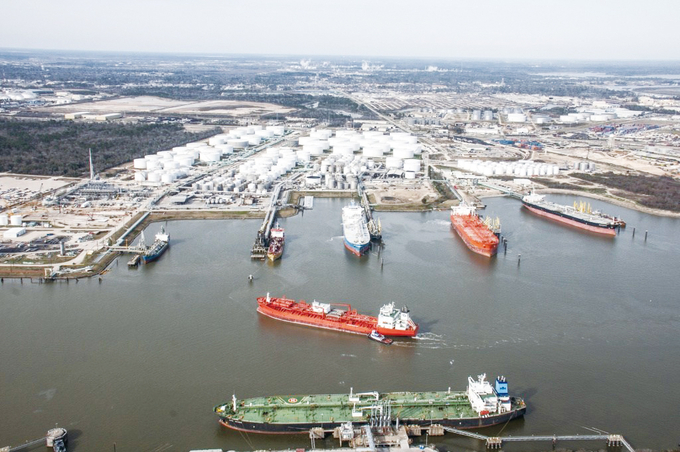
New environmental rules on shipping fuel due to come into force in a few years will affect the global crude oil market, with big cost implications for maritime shippers and fuel producers.
The decision by the International Maritime Organization to lower the limit on sulfur content for fuel oil used in ships, which is expected to take effect in 2020, could boost consumption low-sulfur “light” crude oil. This will push up fuel costs for the maritime shipping industry, which is being warned to prepare for the change.
Savvas Manousos, global head of trading at Maersk Oil Trading, said the new regulations may change global trade in crude oil. Speaking at The Financial Times’ Commodities Summit in Singapore in late September, he also predicted more U.S. shale oil and other light crude could find its way to European oil refineries. That, in turn, could cause shortfalls of U.S. crude oil in Asian markets, pushing up costs for Asian companies.
The IMO, the regulator for international shipping, in October 2016 decided to lower the cap on sulfur content in shipping fuel oil to 0.5%, starting in January 2020, from 3.5% at present. The change is aimed at reducing sulfur oxide emissions.

Heavy burden
There are two choices for companies looking to produce large volumes of low-sulfur fuel: to switch to light crude oil, or to upgrade their refining capabilities. The latter option is expensive, so “buying light crude oil is probably much easier,” said Takayuki Nogami, chief economist at Japan Oil, Gas and Metals National Corp., or JOGMEC.
For shippers, installing scrubbers to remove sulfur from their vessels’ exhaust would let them continue using heavier fuel. But that could cost millions of dollars per ship.
Japanese oil companies have not said much about how they plan to meet the new requirements. “We are still in discussions, taking into account how the maritime industry will respond,” said a person at a Japanese oil distributor. Shippers, for their part, are waiting to see how the oil industry reacts.
With only two years or so to go, it is still unclear what either side will do. But Toshinori Ito, an independent Japanese energy analyst, predicts that shifting to light crude will be the most common response. Industry players appear to agree.

Meanwhile, China is already moving toward adopting the 0.5% sulfur limits, mainly at major ports along Yangtze River. “The Chinese government is strongly pushing the fight against climate change, and they probably have decided to move more quickly to low-sulfur shipping fuel as part of that effort,” said Mika Takehara, a senior researcher at JOGMEC.
Nogami believes that could spur demand for light crude oil, pushing up the price. West Texas Intermediate futures, the benchmark index for light crude, have been hovering around $50 a barrel recently. That is about $3 cheaper than Dubai Crude, the benchmark for medium-sour crude. But there is speculation the expected rise in demand for light crude could cause the two grades of oil to switch positions, with WTI trading at a premium.
(Source : Nikkei)

















